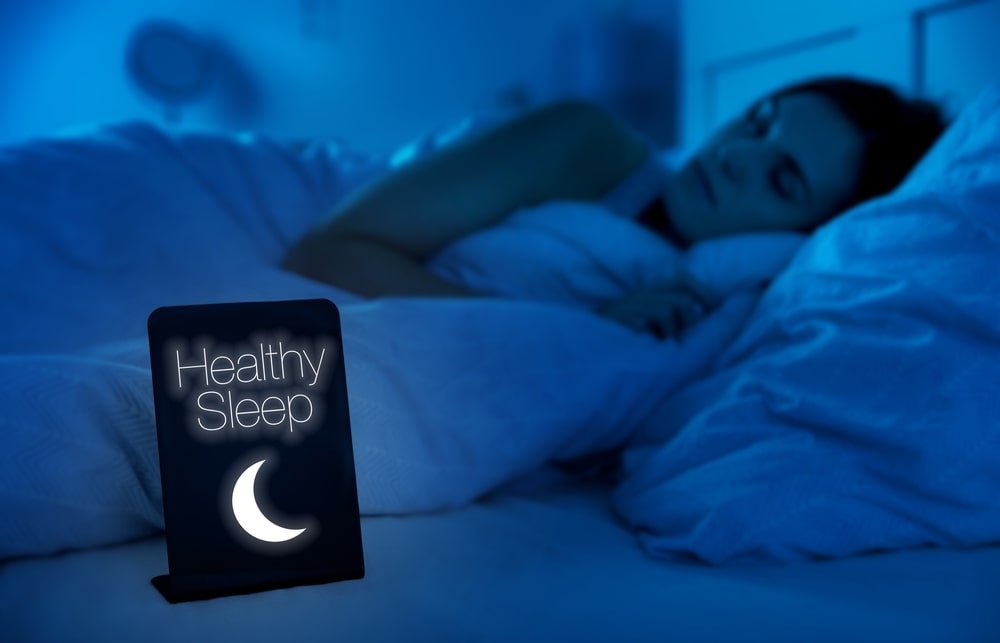A good night’s sleep or a healthy sleeping. This seems to be a thing of the past in today’s world. Work stress, responsibilities, and unexpected problems contribute to making quality sleep rather elusive.
Nothing much can be done about all these external factors. It’s a part of life. However there are a few habits, and sleep tips you can adapt to sleep better and longer.
#1. Maintain a Regular Sleeping Schedule
Make it a habit to go to bed, and get up at about the same time every day. This makes your mind, and body mentally prepared and relaxed to sleep. Most people like to sleep in on weekends. However, try limiting the difference to not more than an hour. This ensures your sleep-wake cycle isn’t disturbed much.
While eight hours of sleep is usually recommended, it’s not necessary for everyone. Besides, most people get up feeling refreshed with just seven hours of sleep. In case you can’t sleep, get up and do something relaxing. It can be listening to soothing music or reading a book.
#2. A Comfortable Bed and Mattress
You can sleep tight only if your bed befits you, and you have a comfortable mattress warmer. Buy a new mattress if your existing one is 5-8 years old and uncomfortable.
A new mattress can reduce back and shoulder pain and back stiffness to improve sleep quality. There’s no single rule to follow while choosing to bed. Select one based on your preferences, budget, and comfort.
#3. Try Sleeping with a Heavy Blanket
Yes. You heard right. The weight of your blanket is detrimental to your sleep quality. Its weight and pressure help to relax your nervous system. These blankets usually have an outer soft cover and inner cotton weighted part.
The inner part contains properly distributed and sewn plastic poly pellets, which ad the weight throughout the blanket. The weight helps you relax and feel safe by stimulating the body’s deep pressure touch receptors.
That’s why many hospitals use them in psychiatric, geriatric, trauma and pediatric units. It makes their patients sleep better by reducing anxiety. The pressure releases the good mood hormone serotonin. It, in turn, helps people suffering from depression, trauma, paranoia, and anxiety sleep better.
#4. Essential Oils Help
There are various essential oils that help you relax and get a good night’s sleep. They help by reducing stress, depression, and anxiety so that you relax and sleep better. Examples are lavender, jasmine, rose and vanilla.
You can apply the oil to your body, add it to your bath, create your own blend or mix with water and use in a diffuser. Just make sure you use diluted oils, or dilute the oil before applying to your body.
#5. Dedicate an Hour to Unwind Before Going to Bed
No matter how busy you may be, always relax before going to bed. Even your cell phone has to be switched off because it’s blue light affects your sleep. If you usually relax watching TV, watch something light and nothing stimulating like horror movies.
#6. Try meditation or yoga
There are various yoga poses that help you relax. You can try them, or at least do some light and simple stretching to help you fall asleep. Meditation helps relax your mind so that nothing bothers, and prevents you from sleeping. Don’t worry if you don’t know how to meditate. There are various apps to teach you.
#7. Skip Night Workouts
Your habit of working out at night may be why you have trouble sleeping. It’s usually when your body temperature drops at night that you feel sleepy. Exercising before sleeping increases, and keeps your core temperature elevated for about one or two hours.
This makes it difficult to fall asleep. If this is your case, then shifting your workout to the morning, or sometime earlier in the evening will solve the problem.
#8. Wear a Sleep Mask
You can also try wearing a sleep mask if outside lights brighten your room and you can’t sleep. Even a sound machine helps if the surroundings are too noisy.
#9. Reduce Daytime Naps
Last but not least, it’s better to reduce your daytime naps as it may interfere with your sleep. Naps should be no longer than 30 minutes, and not too late in the day. It’s only if you work nights that it’s okay to nap late in the day.



